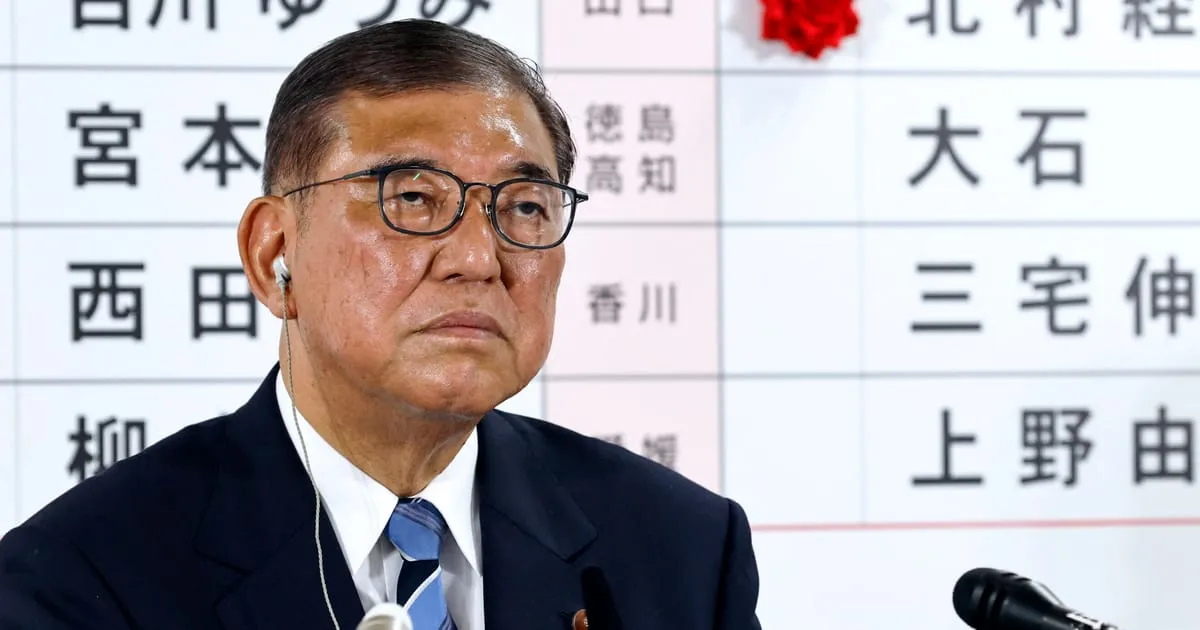
In a significant turn of events, Japan's ruling coalition is projected to lose its majority in the country's upper house of parliament, known as the House of Councillors. This development follows the closure of polls on Sunday, where initial results indicated that maintaining a majority would be a challenging task for the ruling coalition. The NHK public broadcaster reported that it “may be difficult for the ruling coalition to maintain their majority” as votes were counted.
The conservative Liberal Democratic Party (LDP), which has been the dominant force in Japanese politics for much of the nation's modern history, and its junior coalition partner, the Buddhist Komeito party, are both expected to lose seats in this election. This shift marks a notable change in the political landscape of Japan and raises questions about the future direction of governance.
On the other hand, projections indicate that the main opposition party, the liberal Constitutional Democratic Party (CDP), is poised to “expand its seat count.” Additionally, the populist conservative Democratic Party for the People and the far-right Sanseito party have also made “significant gains.” The Sanseito party, in particular, ran an anti-immigration campaign under the controversial “Japanese First” slogan, which resonated with certain voter demographics.
Prime Minister Shigeru Ishiba, who has been in office since October 1 of last year, addressed the media at a press conference, acknowledging the electoral setback and expressing his awareness of the responsibility that comes with his role. Despite the disappointing results, Ishiba emphasized his intention to remain as the head of government, indicating that he is currently engaged in discussions with Washington to negotiate against a 25 percent U.S. tariff that is set to take effect on August 1.
These negotiations come against a backdrop of criticism from U.S. President Donald Trump, who has pointed out Japan's reluctance to import more American rice despite facing a domestic shortage. Trump has also expressed dissatisfaction regarding Japan's defense spending, further complicating diplomatic relations.
The ruling coalition's electoral setback is particularly significant given that it follows a similar loss of control in the lower House of Representatives just a few months prior in October. The lower house holds greater power, as it is responsible for selecting the Prime Minister and has the ability to override decisions made in the upper house concerning budgets and legislation.
Former Prime Minister and current CDP leader Yoshihiko Noda commented on the election results, stating, “Clearly, people have spoken — people have said no to Ishiba’s administration.” Noda also mentioned that he would await Ishiba’s explanation regarding the circumstances under which he plans to continue in his role as Prime Minister.
As Japan navigates this uncertain political landscape, the implications of these election results will likely resonate through future policies and governance. The shift in power dynamics could lead to significant changes in both domestic and foreign policy in the months to come.